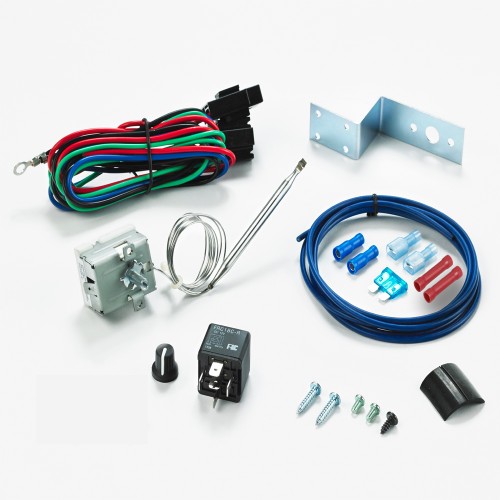
In today's rapidly evolving technological landscape, the choice between relays and switches is a crucial one for many industries. While both serve the purpose of controlling electrical circuits, relays offer distinct advantages that make them a superior choice in numerous applications. This article will delve into the reasons why relays are better than switches, exploring their versatility, reliability, and efficiency across different industries.
- Versatility:
Relays excel in versatility, making them indispensable in a wide range of industries. Unlike switches, which are limited to simple on/off functions, relays can handle complex operations, such as switching multiple circuits simultaneously or controlling high-power devices. Their ability to handle various voltages and currents allows for seamless integration into diverse systems, from automotive and aerospace to industrial automation and telecommunications. - Enhanced Reliability:
Reliability is a paramount consideration in any industry, and relays offer a significant advantage over switches in this regard. Relays utilize electromagnetic principles to control circuits, ensuring a reliable and consistent performance. The isolation between the control and load circuits in relays prevents electrical interference, reducing the risk of malfunctions and enhancing overall system reliability. Additionally, relays are less prone to contact wear and tear, resulting in extended operational lifespans and reduced maintenance costs. - Improved Safety:
Safety is a critical aspect in industries where electrical circuits are involved. Relays offer enhanced safety features compared to switches, making them a preferred choice in applications where human lives or valuable assets are at stake. The isolation provided by relays prevents voltage spikes or surges from affecting the control circuit, safeguarding sensitive components. Moreover, relays can be equipped with additional protective measures, such as arc suppression circuits or overload protection, further enhancing safety levels. - Efficient Control:
Efficiency is a key consideration in industries aiming to optimize energy consumption and minimize operational costs. Relays offer efficient control by consuming minimal power during operation. Unlike switches that require continuous power to maintain a circuit state, relays only consume power during the switching process, resulting in reduced energy wastage. This advantage is particularly valuable in battery-powered systems or applications where energy efficiency is paramount, such as renewable energy systems or smart grid technologies. - Adaptability to Complex Systems:
In modern industries, complex systems often require precise control and coordination. Relays excel in this aspect, as they can be easily integrated into programmable logic controllers (PLCs) or microcontroller-based systems. This adaptability allows for seamless communication and coordination between multiple relays, enabling sophisticated automation and control. Switches, on the other hand, lack the intelligence and flexibility required for such complex systems, limiting their applicability in advanced industrial settings.
Conclusion:
Relays have emerged as the preferred choice over switches in various industries due to their versatility, reliability, safety features, efficiency, and adaptability to complex systems. Their ability to handle diverse voltages and currents, coupled with enhanced safety measures and energy efficiency, makes them indispensable in applications ranging from automotive and aerospace to industrial automation and telecommunications. By understanding the distinct advantages of relays, industries can make informed decisions to optimize their operations and achieve superior performance.


